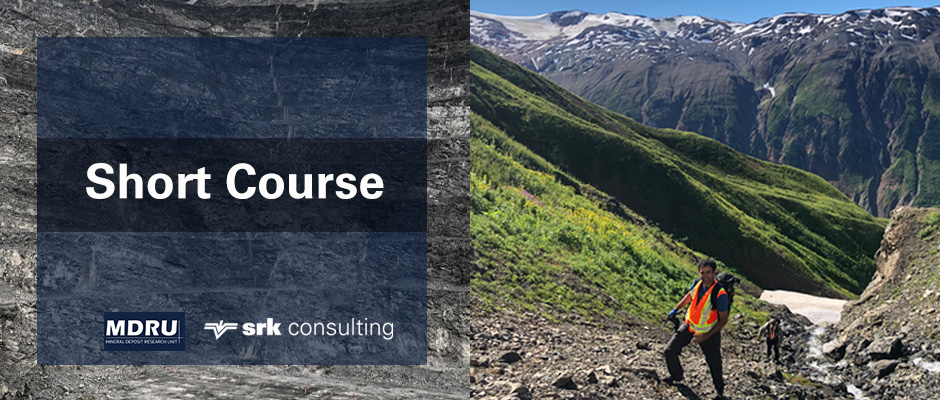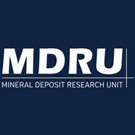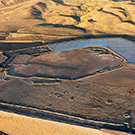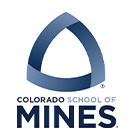The Seville Conference and Exhibition Centre (FIBES) will host industry professionals from all over the world this October. MMH 2022 provides an opportunity for networking and sharing experience and knowledge regarding the latest improvements in mining with the common theme of innovation, sustainability and social progress.
In this fourth edition of MMH you will see first-hand the technological innovations implemented in all processes of exploration, extraction, production and treatment of ore materials, as well as the active mining developments. There will also be details on future projects, adhering to the highest standards of quality, innovation, and sustainability.
Visit us at Hall 1, stand number 1255
SRK Presentations
What the Mining Investors Want: Current Trends
Wednesday 19th October, 11:30am
Speakers: Yerko Martinez, Senior Consultant, SRK UK; James Bellin, Principal Consultant, SRK UK
The mining industry is facing a series of challenges related to environmental, social and governance aspects (ESG). This situation requires implementing a new approach to how mining projects are designed, executed, operated, and funded. A recent Ernest & Yung survey in mining and metals conducted among mining executives showed that ESG aspects are both the main risk and opportunity in 2023. Given this, consultant and mining companies, regulators and investors are taking action to integrate these aspects into their activities and into the process of updating international standards while taking into consideration these new challenges. For this reason, investors expect that ESG aspects are covered early in the decision-making process of mining projects and in operating mines.
The current challenges of the mining industry include decarbonisation engineering, water stewardship, climate resilience, tailings management and compliance with updated versions of international standards and governance. Investors want projects that are profitable and with a low ESG risk, able to obtain permits and social licence to operate and compliant with the new standards. Therefore, an integrated, multi-disciplinary and updated understanding of the current trends in the mining industry is critical for proper execution and investor involvement in mining projects.
SRK Consulting Geology and Geotechnical Services: Case Studies and Adding Value to your Project
Thursday 20th October
Speakers: Felipe Sanz, Senior Geotechnical Modelling Consultant, SRK UK; Rob Goddard, Senior Consultant (Resource Geology)
This presentation illustrates SRK’s Resource Geology and Geotechnical capabilities through case study examples from Europe, both within Spain and further afield.
From a Resource Geology perspective, in addition to working with Client teams to develop robust Mineral Resource models and evolving these from early exploration through to the mine planning stage, we discuss the integrated multi-discipline approach to exploration data collection and associated value added for project development.
In relation to Mining Geotechnics, we present a complex geotechnical situation involving the potential slope failure within an area of critical infrastructure. In particular, we illustrate how the SRK team assisted the Client to develop an economically feasible solution while minimising the impact to the mining operation.




